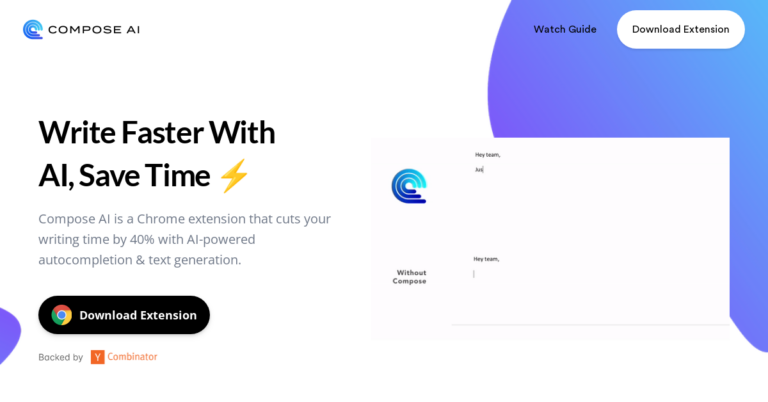Summary:
Artificial Intelligence (AI) is revolutionizing the way businesses market their products and services today. With AI marketing tools, companies can now collect, analyze and interpret data in real-time, allowing them to create highly targeted and personalized campaigns that resonate with their audience. In this article, we will explore some of the ways AI is transforming traditional marketing strategies and how businesses can leverage these tools to improve their ROI.
Table of Contents:
1. Introduction
2. How AI is transforming marketing strategies
3. Benefits of using AI marketing tools
4. Examples of AI marketing tools
5. Challenges and limitations of AI marketing
6. Future of AI in marketing
7. Conclusion
Introduction:
Marketing has always been about understanding the customer’s needs and preferences, and tailoring your message to resonate with them. However, with the explosion of data and the increasing complexity of customer behavior, traditional marketing methods are no longer adequate. This is where AI comes in.
AI marketing tools use machine learning algorithms to analyze vast amounts of data and identify patterns, allowing businesses to gain valuable insights into their customers’ behavior and preferences. This, in turn, enables them to create highly targeted and personalized campaigns that resonate with their audience.
How AI is transforming marketing strategies:
AI is transforming traditional marketing strategies in several ways. For starters, it allows businesses to collect and analyze data in real-time, providing them with up-to-date insights into their customers’ behavior and preferences. This, in turn, allows them to create highly targeted and personalized campaigns that resonate with their audience.
AI marketing tools also enable businesses to automate many of their marketing tasks, freeing up their time and resources to focus on more strategic initiatives. For example, AI-powered chatbots can handle routine customer inquiries, freeing up customer service teams to focus on more complex issues.
Benefits of using AI marketing tools:
There are several benefits to using AI marketing tools. For starters, they enable businesses to gain valuable insights into their customers’ behavior and preferences, allowing them to create highly targeted and personalized campaigns that resonate with their audience.
AI marketing tools also allow businesses to automate many of their marketing tasks, freeing up their time and resources to focus on more strategic initiatives. For example, AI-powered chatbots can handle routine customer inquiries, freeing up customer service teams to focus on more complex issues.
Examples of AI marketing tools:
There are several examples of AI marketing tools. One of the most popular is predictive analytics, which uses machine learning algorithms to analyze data and identify patterns. This, in turn, allows businesses to predict customer behavior and preferences, enabling them to create highly targeted and personalized campaigns.
Another popular AI marketing tool is chatbots, which use natural language processing (NLP) to understand customer inquiries and provide relevant responses. Chatbots can handle routine customer inquiries, freeing up customer service teams to focus on more complex issues.
Challenges and limitations of AI marketing:
While AI marketing tools offer many benefits, there are also some challenges and limitations. One of the biggest challenges is data privacy and security. With so much data being collected and analyzed, businesses need to ensure that they are protecting their customers’ privacy and data.
Another limitation is the need for human oversight. While AI can automate many marketing tasks, it is still important to have human oversight to ensure that the campaigns are aligned with the business’s overall goals and values.
Future of AI in marketing:
The future of AI in marketing looks bright. As AI technology continues to advance, we can expect to see even more sophisticated tools that enable businesses to gain even deeper insights into their customers’ behavior and preferences.
We can also expect to see more automation of marketing tasks, freeing up businesses to focus on more strategic initiatives. Finally, we can expect to see increased integration of AI with other technologies, such as augmented reality and virtual reality, enabling businesses to create even more immersive and engaging campaigns.
Conclusion:
AI is revolutionizing the way businesses market their products and services today. With AI marketing tools, businesses can gain valuable insights into their customers’ behavior and preferences, enabling them to create highly targeted and personalized campaigns that resonate with their audience. While there are challenges and limitations to using AI marketing tools, the future looks bright, with even more sophisticated tools on the horizon.
#Revolutionizing #Marketing #Strategies #Marketing #Tools #changing #Game


